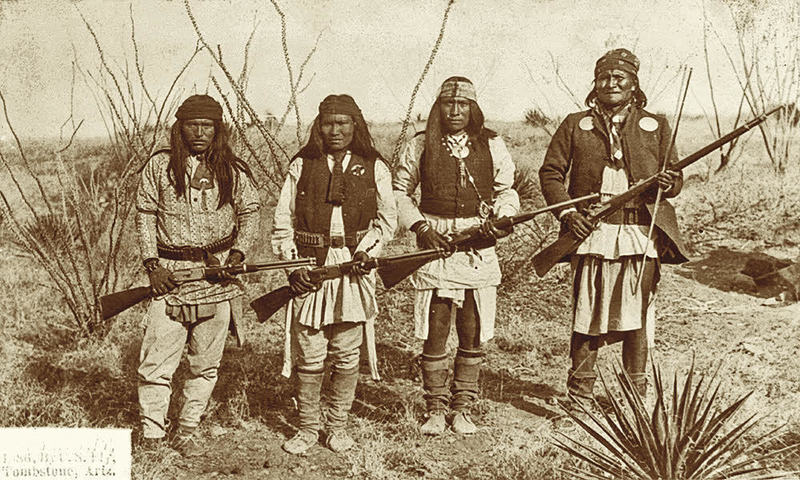As a way to continue the conversations in The Biola Hour, we've invited Becky Mitchell to blog her thoughts after each episode. This is a response to Episode 39 on remembrance, reconciliation, and acknowledgement. Feel free to interact with Becky's thoughts in the comments below
Can I speak with you honestly? Unfortunately, I donÔÇÖt know that I can.
The history books in my education system told me us white individuals were kind to Native Americans. We made headbands with feathers to ÔÇÿrememberÔÇÖ the Native Americans. We learned of the battles between the Native Americans and the settlers. But no one told me how cruel and inhumanely we treated Native Americans. And what about the story of today?
We sat by the fountain, decompressing the truth shared. We wondered how you tell children of the genocide of Native Americans so at the age of 22 they do not feel lied to. Will saying the words, ÔÇ£We hurt the Native AmericansÔÇØ be enough? You see, I donÔÇÖt think so. But better than a lie?
Thankfully, David Lowry had spoken honestly. He kept asking to do so and I would whisper in reply, ÔÇ£Please, yes.ÔÇØ At the college age level it is time we heard.
ÔÇÿThe 49ers reference the killing of Native Americans and the stealing of their land.ÔÇÖ
ÔÇÿNative Americans joke they became blue like the ocean in that poem because of their depression.ÔÇÖ
ÔÇÿYou are on sacred land.ÔÇÖ
ÔÇÿWhat do we do living on a land that is not ours while not talking about it?ÔÇÖ
ÔÇÿYour pastor, knowing that you are going home to watch that football game, does not say a word.ÔÇÖ
When I speak of Native Americans does it involve a settlement? A people no longer? A football team name? Or, as my friend reminded me, as cartoon pictures on casino signs? Each of these is a piece uncaring and incomplete at best. What about Native Americans as over 400 nations, as Lowry shared?
Will our actions look like that of the United States government in 1825 with the Poncas?
ÔÇ£The United States on their part, ÔÇÿagree to receive the Poncar [sic] tribe of Indians into their friendship and under their protection, and to extend to them from time to time such benefits and acts of kindness as may be convenient, and seem just and proper to the President of the United States.ÔÇÖ After this there is little mention, in the official records of the Government, of the Poncas for some thirty years.ÔÇØ
In the 1860s: In the night a party of soldiers from a military post came to their camp The soldiers fired at [the Poncas] as they ran away, and then proceeded to destroy all their effects.
Or will we join Jesus in His pursuit of all marginalized peoples?
- Jackson, Helen Hunt. ÔÇ£A Century of Dishonor.ÔÇØ The Norton Anthology of American Literature, edited by Nina Baym, 8th ed., A, W.W. Norton & Company, Inc., 2012, pp. 1150ÔÇô1155.
- Ibid.
 ║┌┴¤└·╩À
║┌┴¤└·╩À




.jpg)